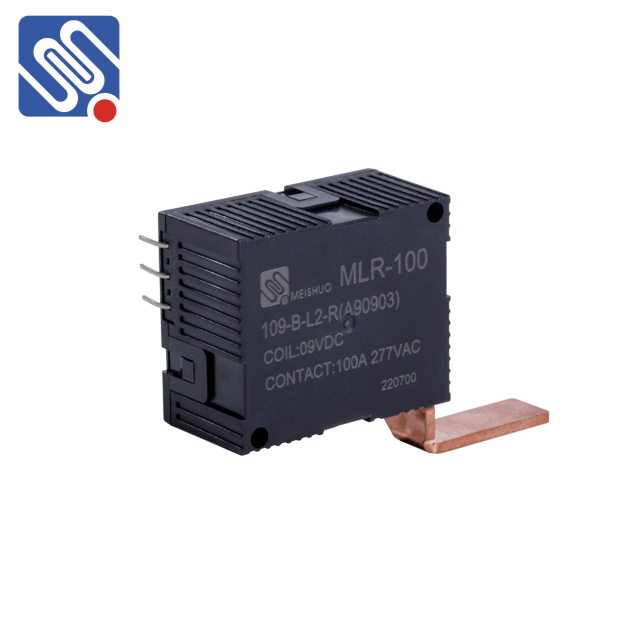understanding relay parameters and their significance in meishuo systems
Release time:2025-05-10 21:57:15
Relay systems play a crucial role in modern communication networks, acting as intermediaries to facilitate the transfer of signals across various components. These systems, integral to ensuring the proper functioning of complex network infrastructures, rely heavily on specific parameters to operate effectively. In this article, we will delve into the concept of relay parameters, particularly emphasizing their application and importance in Meishuo systems.

What Are Relay Parameters? Relay parameters refer to the various settings and values that influence the operation of relay systems. These parameters control how relays process, amplify, and forward signals. The primary purpose of these parameters is to optimize the system's performance, ensuring that the communication is smooth, reliable, and efficient. Some common relay parameters include gain, delay, signal-to-noise ratio (SNR), and power levels. The relay system's role in boosting or regenerating signals makes these parameters critical. If any of the parameters are improperly set, it can lead to signal degradation, poor network coverage, or interference in communication channels. By fine-tuning these parameters, system operators can enhance the relay’s overall effectiveness.

